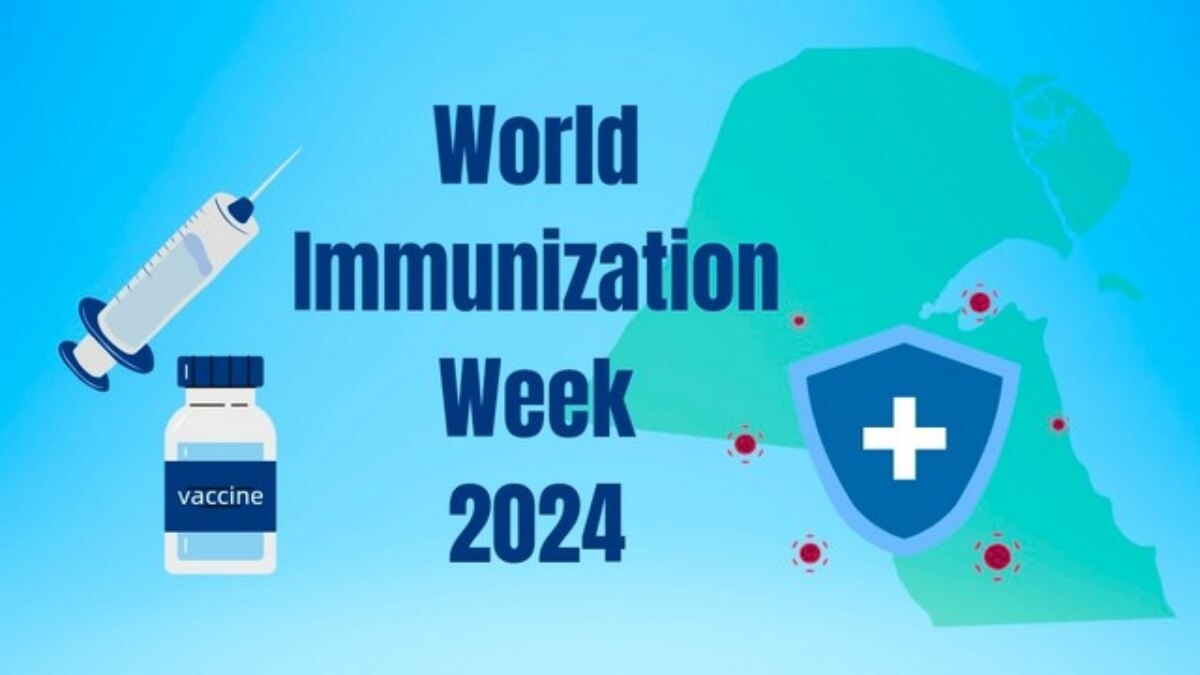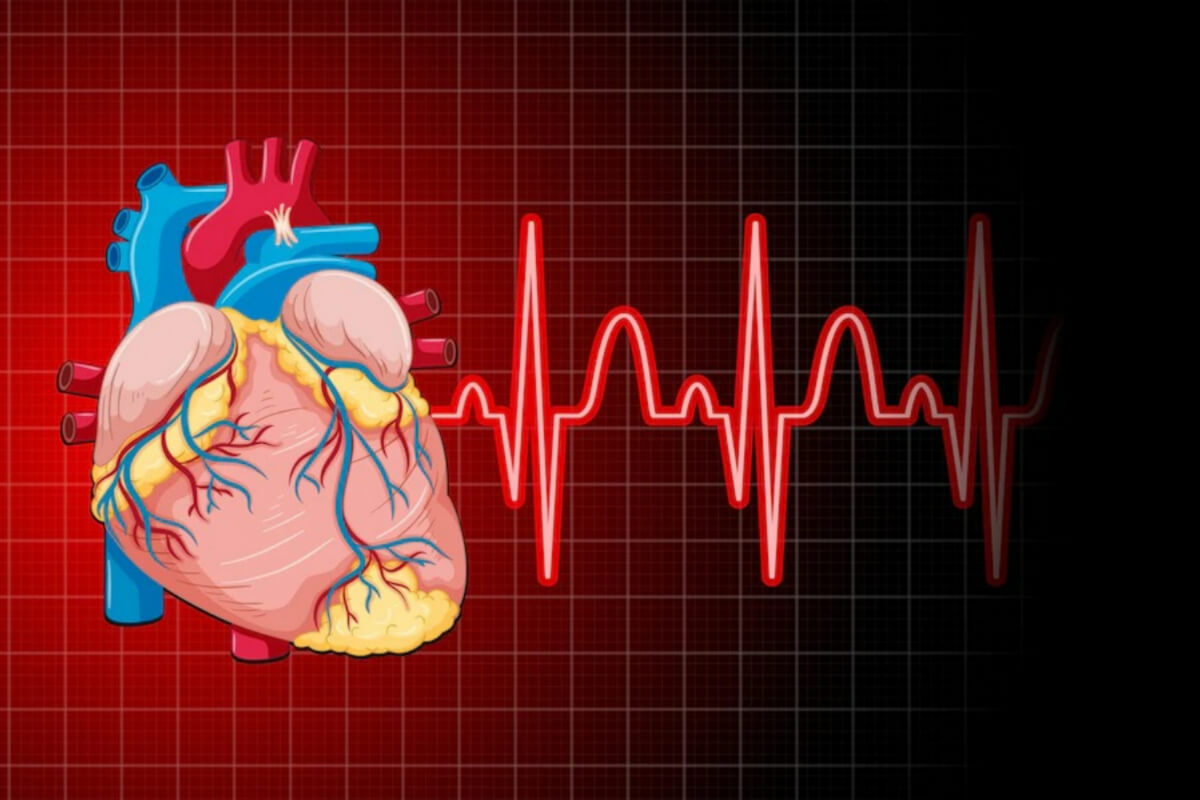Great Recession led to rise in obesity,diabetes: study
Mon 05 Mar 2018, 13:33:28

The Great Recession of 2008 that severely affected the world economy also resulted in changes to people's health behaviour, with a significant increase in the risk of obesity, diabetes and mental health problems, a new study has found.
In particular, researchers from City, University of London and King's College London in the UK discovered that the probability of being obese and severely obese increased by 4.1 and 2.4 percentage points respectively.
Similarly, the probability of having diabetes was 1.5 percentage points higher after 2008, with the prevalence of mental health problems increasing by 4 percentage points.They also found that there was a decrease in smoking and drinking, as well as fruit intake.
These changes were also seen to impact particularly on women and those less educated, with the authors suggesting that uncertainty and negative expectations generated by the recession rather than unemployment might explain the changes seen.
Researchers looked at data from the Health Survey for England (HSE), a survey taken yearly from about 9,000 English households.They specifically used data on respondents above 16 years of age for the period 2001-2013. In addition to socio-economic characteristics, the HSE includes information on a wide
range of health lifestyles and health conditions.
range of health lifestyles and health conditions.
The results of the study suggest that the start of the recession was associated with worse dietary habits and increased BMI and obesity.
It was also associated with a shift away from risky behaviours, as a decrease in smoking and alcohol consumption was seen.
There was also an increase in the use of medicines and a higher likelihood of suffering diabetes and mental health problems, all of which were generally experienced more acutely by those with less education and by women.
"Our study confirms the close relationship between health and the economic environment as we found that the 2008 Great Recession led to a decrease in risky behaviour, such as smoking and drinking, but also an increase in the likelihood of obesity, diabetes and mental health problems," said Mireia Jofre-Bonet from City University of London in the UK.
"The fact that those less educated were more vulnerable to the health effects of the recession highlights the need for an urgent policy response as it is clear that this population need to receive information on health behaviours and risk factors to avoid the negative consequences and also the potential future impacts," she said.
No Comments For This Post, Be first to write a Comment.
Most viewed from Health
AIMIM News
Asaduddin Owaisi files nomination papers on Friday
Apr 20, 2024
Owaisi Begins Election Campaign in Hyderabad
Apr 13, 2024
Bring back Indian workers in Israel: Owaisi
Apr 13, 2024
Latest Urdu News
Most Viewed
May 26, 2020
Do you think Ruturaj Gaikwad would be a good captain for Chennai Super Kings?
Latest Videos View All
Like Us
Home
About Us
Advertise With Us
All Polls
Epaper Archives
Privacy Policy
Contact Us
Download Etemaad App
© 2024 Etemaad Daily News, All Rights Reserved.





























